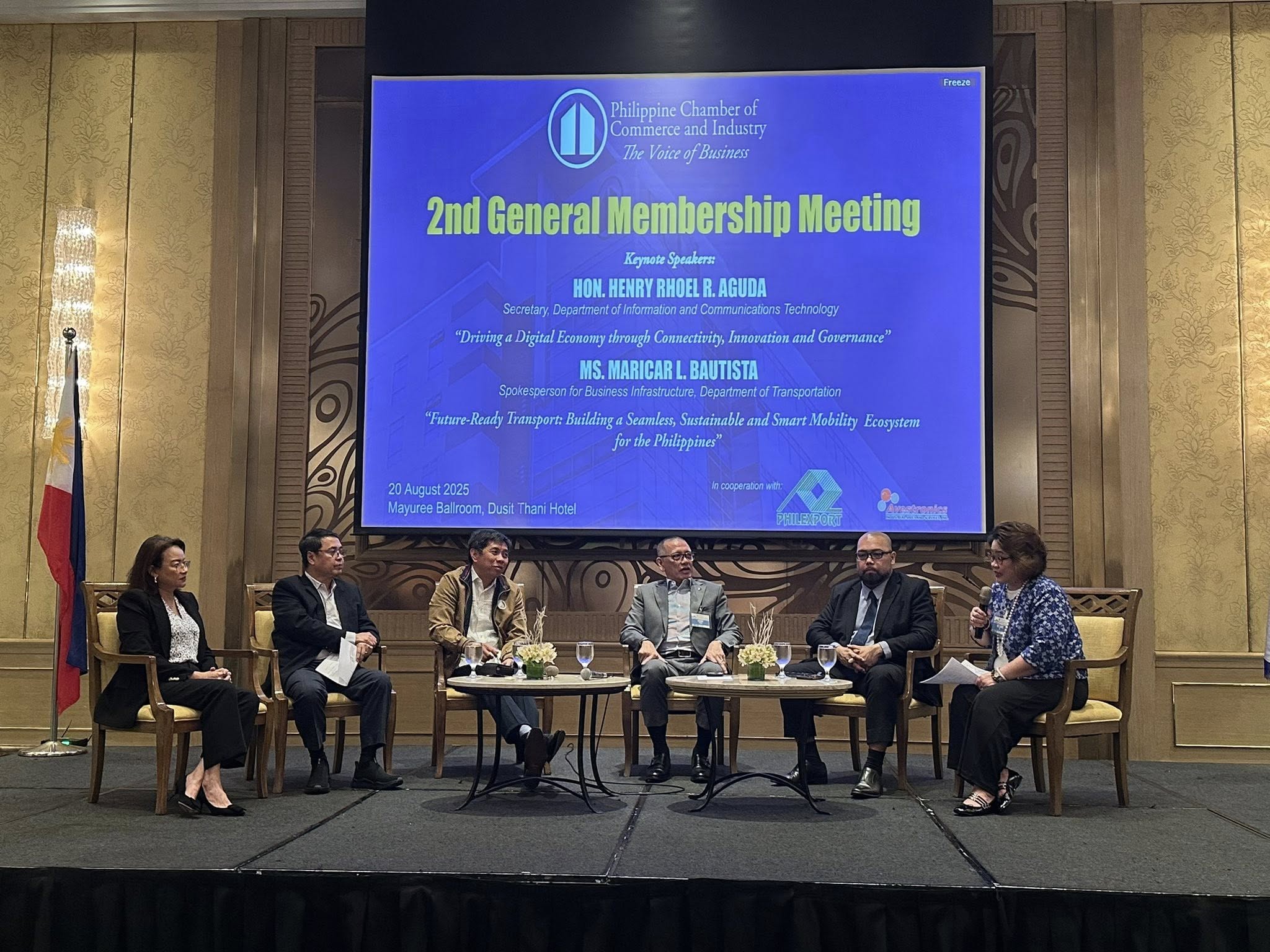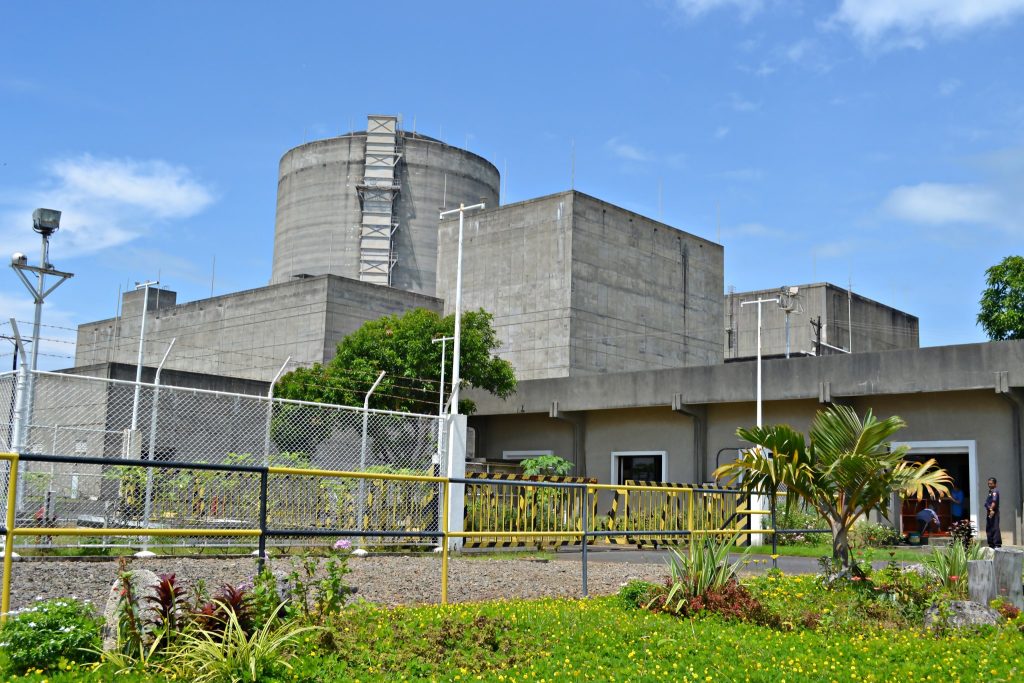
By Joann Villanueva | Philippine News Agency
President Ferdinand R. Marcos Jr.’s commitment to ensuring internet connectivity for all public schools by the end of 2025 is nearing its goal, with the current rate at over 70%.
In his speech during the Philippine Chamber of Commerce and Industry (PCCI) membership meeting in Makati City on Wednesday, Department of Information and Communications Technology (DICT) Secretary Henry Aguda said the President has been informed earlier that only around 60% of public schools are connected online.
This leaves about 12,000 schools nationwide, especially in Geographically Isolated and Disadvantaged Areas (GIDAs), without internet connection.
“Right now, from that 60%, I would like to report to you, working with DepEd (Department of Education), we’re now at 78%,” he said.
“And you’ve seen the power of transparency. I think, in recent events, if you show our countrymen what’s being done with our taxes, [we are] building infrastructures, and they can verify and see it. If you shine a light on something, everybody contributes to the information.”
The government is resolute in improving internet connectivity through the expansion of the National Fiber Backbone (NFB) project. To date, the project’s Phase 1 has been completed. It covers more than 1,200 km. area from Laoag in Ilocos Norte to Quezon City.
The government has launched Phases 2 and 3 of the program, eyed at putting in place fiber optic internet cable to about 1,800 km area, from Cagayan Valley to Mindanao, which is expected to benefit around 17 million.
Aguda said they are closely working with telecommunications firms for this program.

DICT studies possibility of converting BNPP into data center
Meanwhile, the DICT is conducting a study to explore the feasibility of using the Bataan Nuclear Power Plant (BNPP) as a hyperscale data center.
At the sidelines of the meeting, DICT Secretary Henry Aguda told reporters that the mothballed power plant has the necessary facilities to cater to a large-scale data center, including infrastructure, a suitable location, and fiber optic connectivity, among others.
He said they would finish their technical feasibility study once the study being done by the Korea International Cooperation Agency (KOICA Philippines) is finished.
The KOICA Philippines study, being done in coordination with the Department of Energy (DOE), aims to check the feasibility of the revival of the power plant to boost the country’s energy sources. It is targeted to be finished by November this year.
When asked whether the DICT is considering a public-private partnership for the possible development of the BNPP as a data center, Aguda said they are still considering the options.
On whether the country can host large-scale data centers, Aguda said they have discussed this with hyperscalers, which have raised issues on power supply and connectivity.
He said the government has addressed power issues through the approval of more power projects, and even noted in his speech during the PCCI membership meeting in Makati City on Wednesday that the country no longer has the most expensive power rate in Asia as a result.
In terms of internet connectivity, Aguda said the government will be able to address this issue through the NFB project.
When asked about the government’s digitization measures, Aguda said the hyperscalers are now more convinced that there is a market for big data centers in the country.
However, with the government focused on ensuring connectivity around the country for now, he said it is more feasible to partner with the private sector as a provider for hyperscale data centers, pointing out that the private sector has more big data centers now compared to DICT alone.
“To build a facility like that will take you two years. And now, we’re in a hurry to provide the [internet connectivity] service right away. So, the fastest way is to tap the private sector first,” he added. (PNA)
